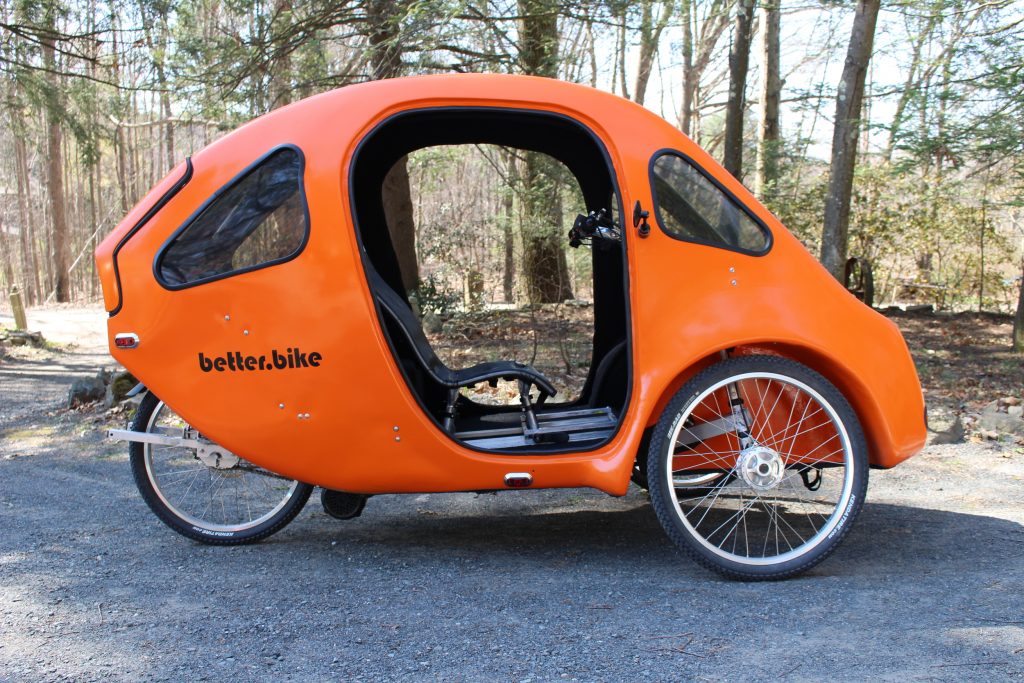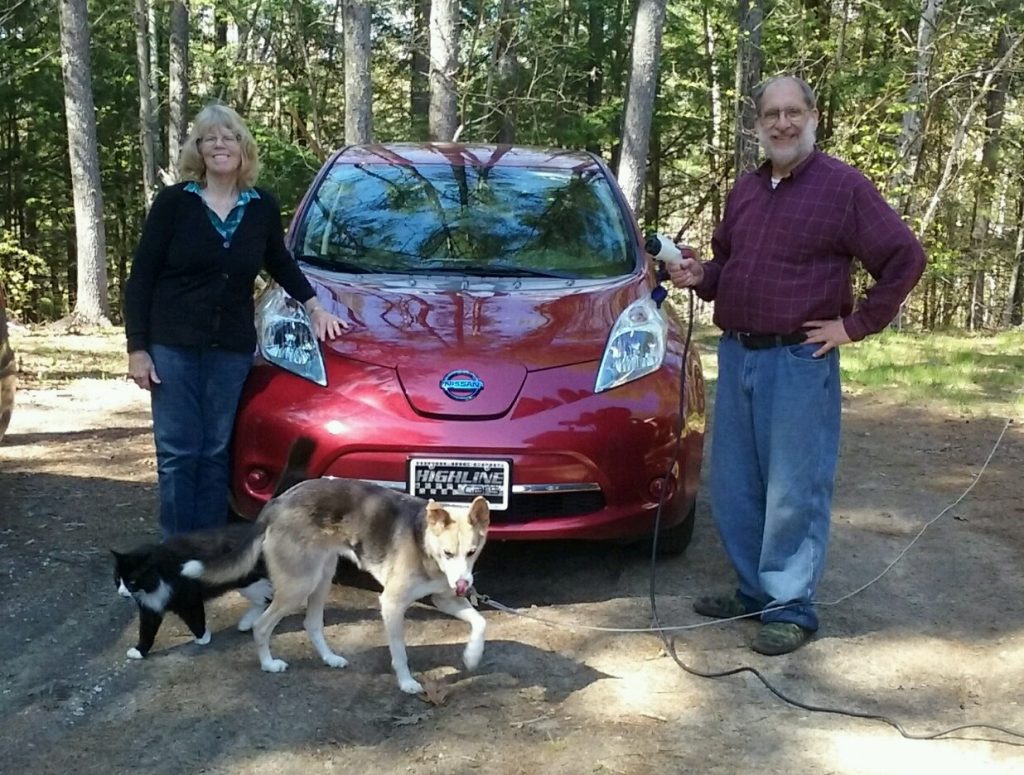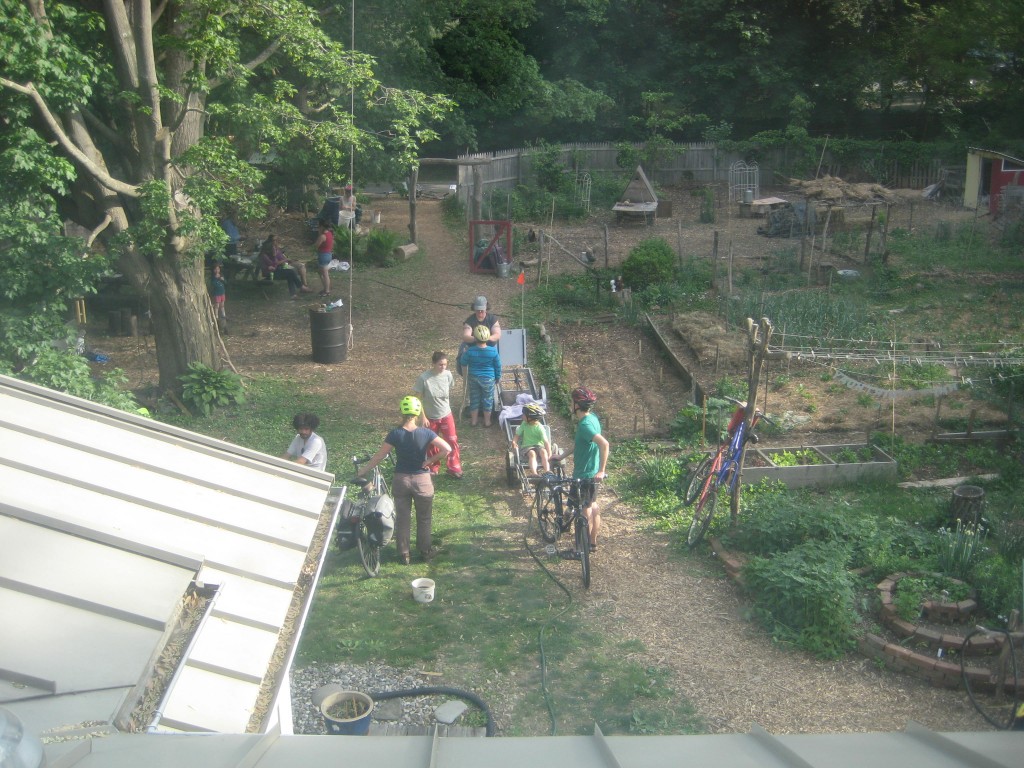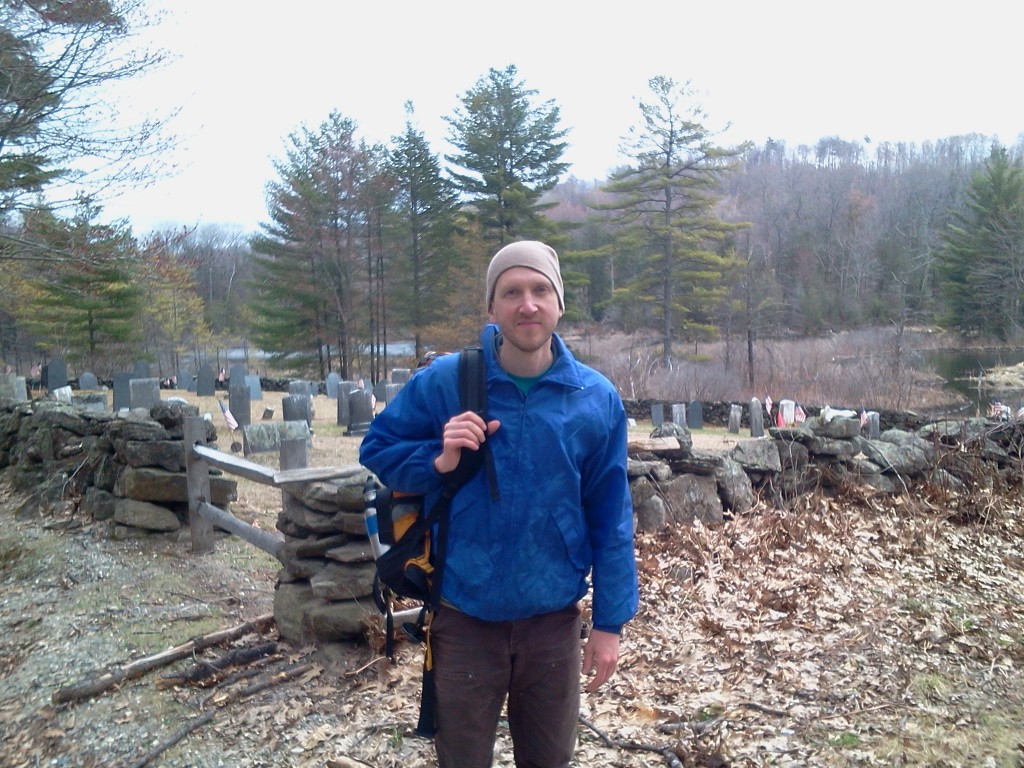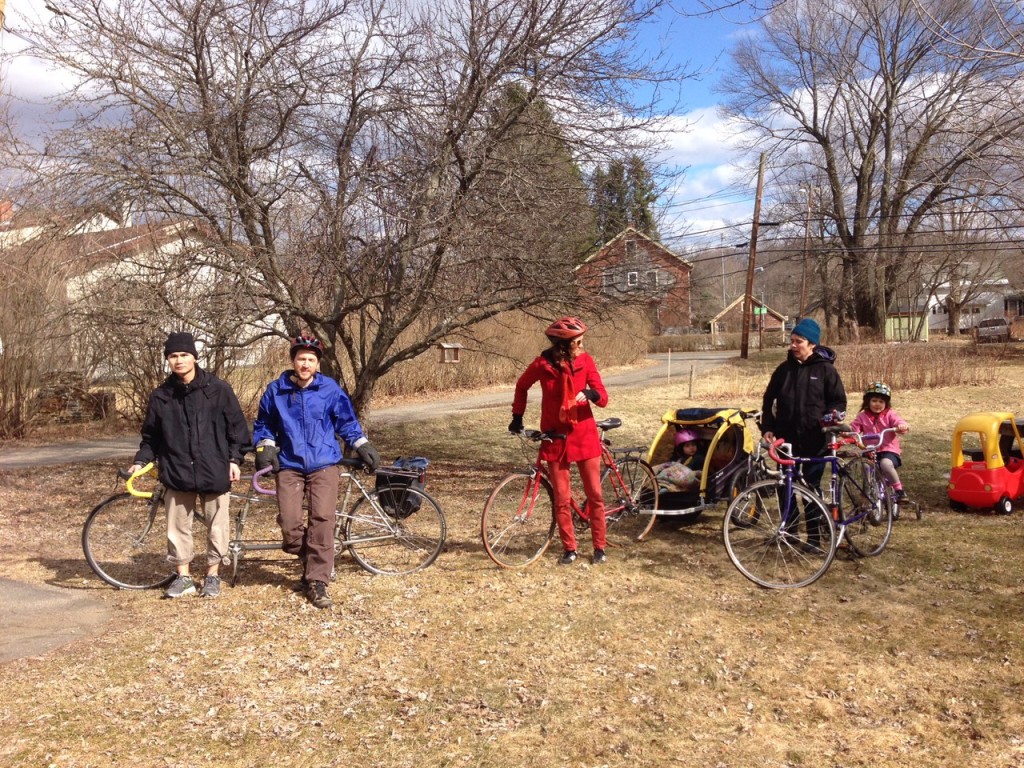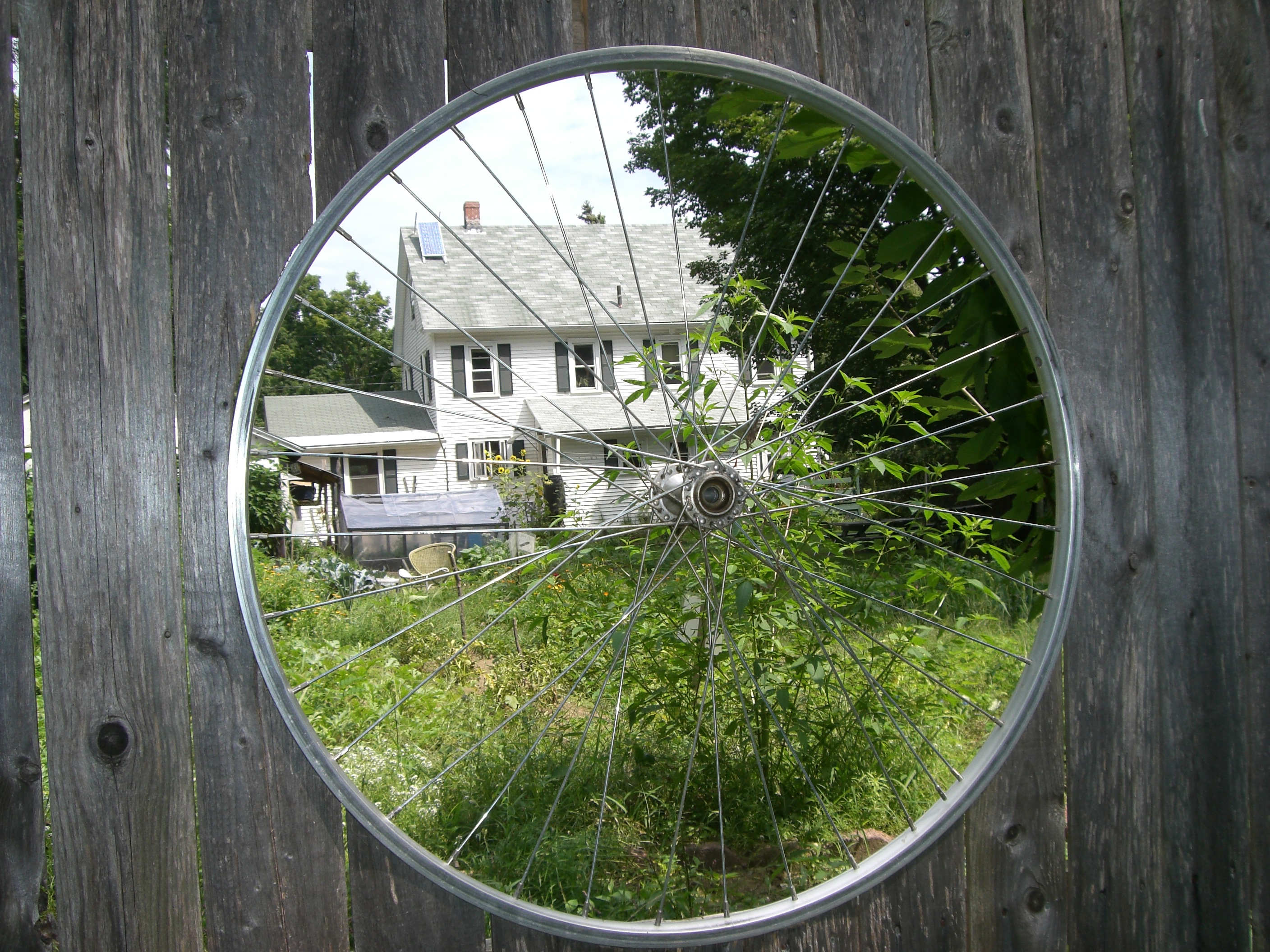I am very excited to announce that I am running for Ward 5 City Councilor in Northampton, Massachusetts!
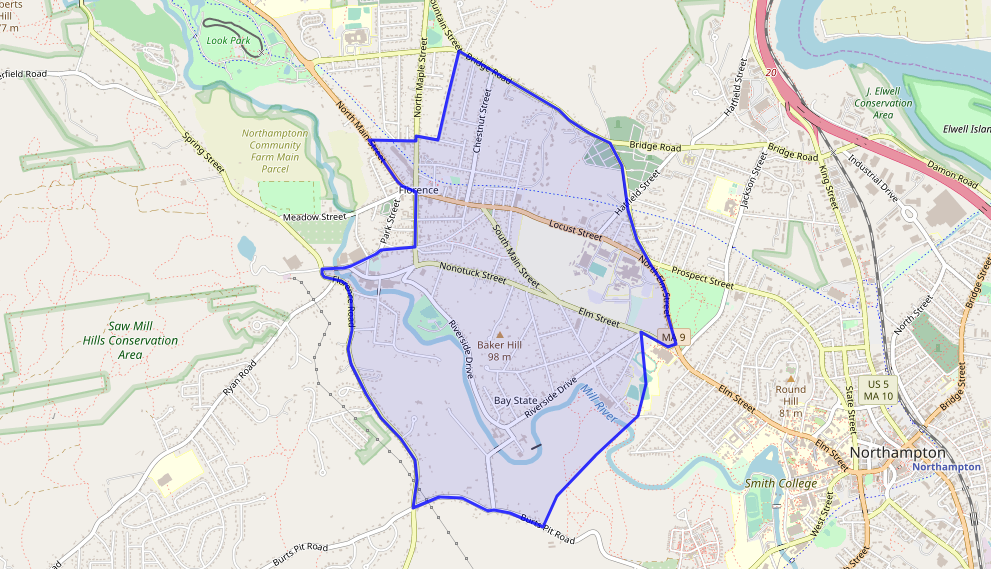
for an interactive version.
I’m running on a platform of increased affordability, working to address climate change, walkable mixed-use development, safe and sustainable transportation, inclusion and social justice. Here are some quotes from my press release:
“I care about Northampton’s long-term future. I have a vision of a Northampton that is ready for climate change and is a leader in stopping it. Our infrastructure needs to be in good shape, and also our community as we support each other and welcome climate refugees. My vision is of a community that has enough housing stock at an affordable price that people who grew up here can afford to stay, and that lower wage workers aren’t priced out. A community with businesses that understand that respecting and supporting workers is in their long term best interest, and where many of those businesses are owned by the community and/or the workers themselves. And with schools that are well funded, teach students to advocate for change and adapt to a changing world.”
“Everything we do as a city is interconnected. Transportation policy affects development policy and vice versa, and good policy in both of these will improve our community’s health and result in a net increase in the tax base of the city. Inclusion in the process of city government leads to a more just society. Sharing personal and city resources saves money and brings people together.”
“My job is to learn from everyone around me to understand these connections, and find consensus with other leaders. My work over the past 16 years with Pedal People and other cooperatives has built my skills as a listener, a facilitator and as a person who can find common ground across difference, and make changes that work for everyone.”
For more about my campaign, see www.alexjarrett.com

